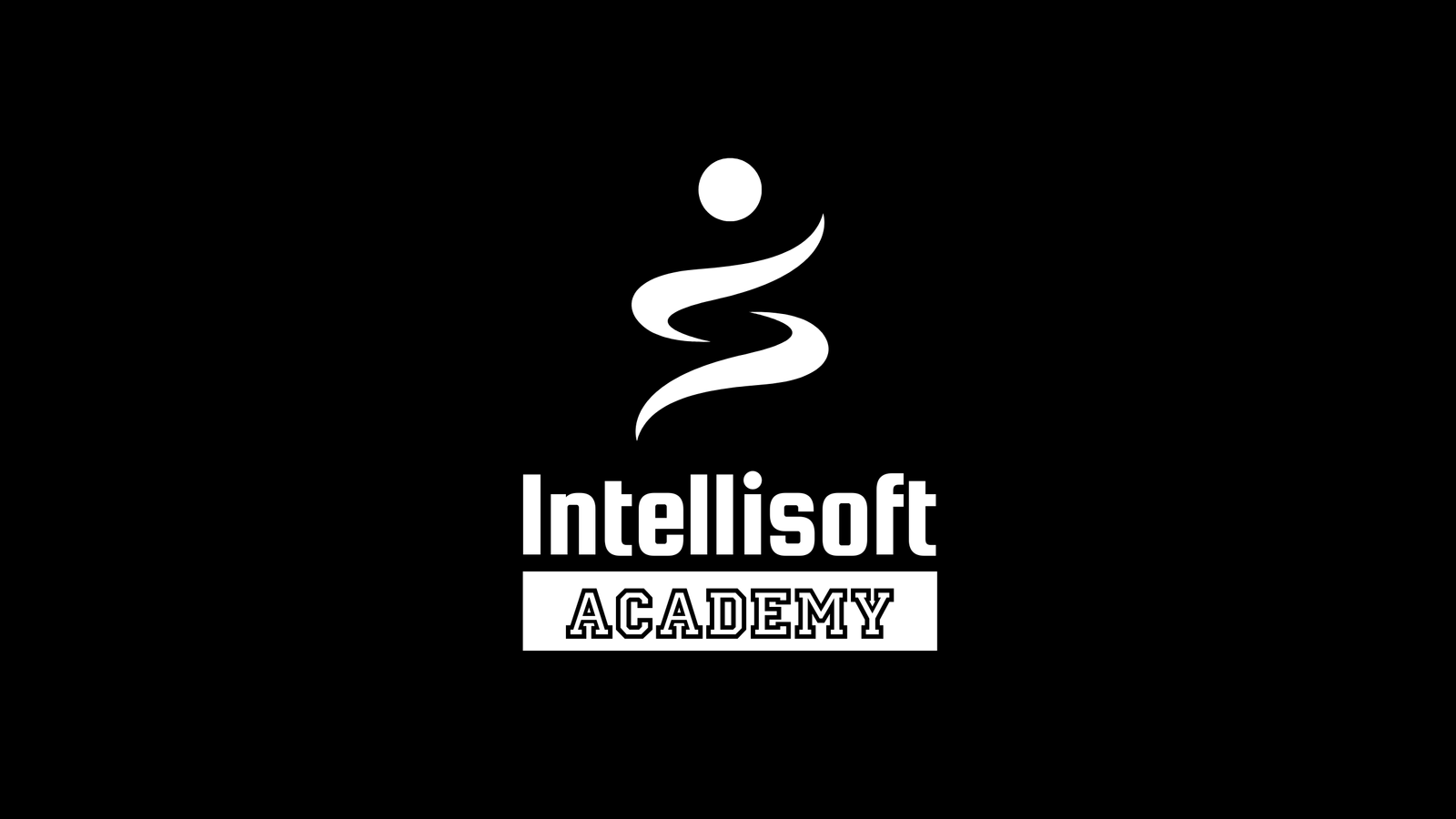Top Programming Languages and Skills for Software Developers in 2025

The world of software development never stands still. As we step into 2025, the technologies and skills that set developers apart are shifting rapidly. Whether you’re an aspiring coder or a seasoned engineer, mastering the right programming languages and IT skills is essential to stay competitive and advance your career.
At Intellisoft Academy, we’re committed to helping you navigate these changes. Here’s your expert guide to the most in-demand programming languages and essential skills for software developers in 2025.
The Most Important Programming Languages in 2025
1. Python: The Versatile Vanguard
Python continues its reign as the top programming language in 2025. Its simplicity, versatility, and robust libraries for AI, machine learning, and data science make it indispensable for both beginners and experts. With a commanding market share and increasing popularity, Python is the go-to language for modern development, automation, and analytics.
2. Java: The Enterprise Powerhouse
Java remains a staple for large-scale enterprise applications, Android development, and backend systems. Its stability, scalability, and vast ecosystem ensure that Java skills are highly valued by employers across industries.
3. JavaScript: The Web’s Cornerstone
JavaScript is essential for interactive web development, powering everything from dynamic websites to complex single-page applications. With frameworks like React, Angular, and Vue.js, JavaScript remains at the heart of front-end and increasingly back-end development via Node.js.
4. C++: The Performance Leader
C++ stands out for performance-critical applications, including gaming engines, real-time systems, and high-frequency trading platforms. Its efficiency and control over hardware make it a top choice for developers seeking speed and reliability.
5. TypeScript: JavaScript’s Smarter Sibling
TypeScript, a superset of JavaScript, is gaining traction for its ability to catch errors early and improve code maintainability. It’s now a must-have for developers building large-scale, robust web applications.
6. Go (Golang): The Cloud Native Favorite
Go is designed for simplicity, concurrency, and efficiency, making it ideal for cloud-native applications, microservices, and backend APIs. Its popularity is rising as organizations embrace scalable, distributed systems.
7. Rust: The Safety Innovator
Rust is quickly climbing the ranks due to its focus on memory safety and performance. It’s favored for system-level programming, embedded systems, and applications where security is paramount.
8. Kotlin: The Modern Mobile Solution
Kotlin is the preferred language for Android development, offering modern syntax and full interoperability with Java. Its adoption continues to grow as mobile usage expands.
Essential Skills for Software Developers in 2025
– Cloud Computing Expertise
With most enterprises using cloud services, proficiency in AWS, Azure, or Google Cloud is now a core requirement. Cloud computing skills enable developers to build, deploy, and manage scalable applications efficiently.
– AI and Machine Learning Know-How
AI and ML are no longer niche-they’re baseline expectations. Developers who can implement, fine-tune, and deploy AI models using tools like TensorFlow or PyTorch are in high demand. Understanding AI fundamentals is crucial for integrating intelligent features into modern applications.
– DevOps and Automation Proficiency
Speed and reliability are non-negotiable. Mastery of DevOps tools such as Jenkins, Docker, GitHub Actions, and Terraform is essential for automating testing, deployment, and infrastructure management. DevOps practices help teams deliver high-quality software faster and more reliably.
– Cybersecurity Awareness
As threats grow more sophisticated, developers must prioritize secure coding practices. Understanding encryption, authentication, and common vulnerabilities (like those in the OWASP Top Ten) is critical for building resilient applications.
– Mobile and Web Development
Proficiency in frameworks like React, Angular, and Flutter is vital for building responsive, user-friendly web and mobile applications. These tools empower developers to meet the growing demand for seamless digital experiences.
– Data Analytics and Big Data
Skills in data analytics, big data frameworks (such as Spark and Hadoop), and visualization tools (like Tableau and Pandas) are increasingly important. Developers who can extract insights from large datasets help drive data-driven decision-making.
– Problem-Solving and Logical Thinking
Strong analytical skills remain foundational. The ability to break down complex problems, design scalable solutions, and optimize performance is what separates top developers from the rest.
– Communication and Commercial Awareness
Technical skills alone are not enough. Developers who can communicate clearly, collaborate across teams, and align their work with business goals are more likely to lead projects and influence decisions.
Why Choose Intellisoft Academy?
At Intellisoft Academy, we offer hands-on courses and up-to-date resources covering all these languages and skills. Our curriculum is designed to ensure you’re not just keeping pace with industry trends-but staying ahead.
Conclusion
The future of software development belongs to those who continuously learn and adapt. By mastering these top programming languages and essential skills, you’ll position yourself among the top 1% of developers ready to shape tomorrow’s technology.
FAQs
- Q: What are the most important programming languages for software developers in 2025?
A: Python, Java, JavaScript, C++, TypeScript, Go, Rust, and Kotlin are leading the pack. - Q: How can I improve my cloud computing skills?
A: Get hands-on with AWS, Azure, or Google Cloud, and pursue relevant certifications. - Q: Why is cybersecurity essential for developers?
A: Secure coding protects against breaches and builds trust in your applications. - Q: What DevOps tools should I learn?
A: Jenkins, Docker, Terraform, Ansible, and GitHub Actions are industry standards. - Q: How does continuous learning benefit developers?
A: Staying updated with new technologies ensures long-term career growth and adaptability.